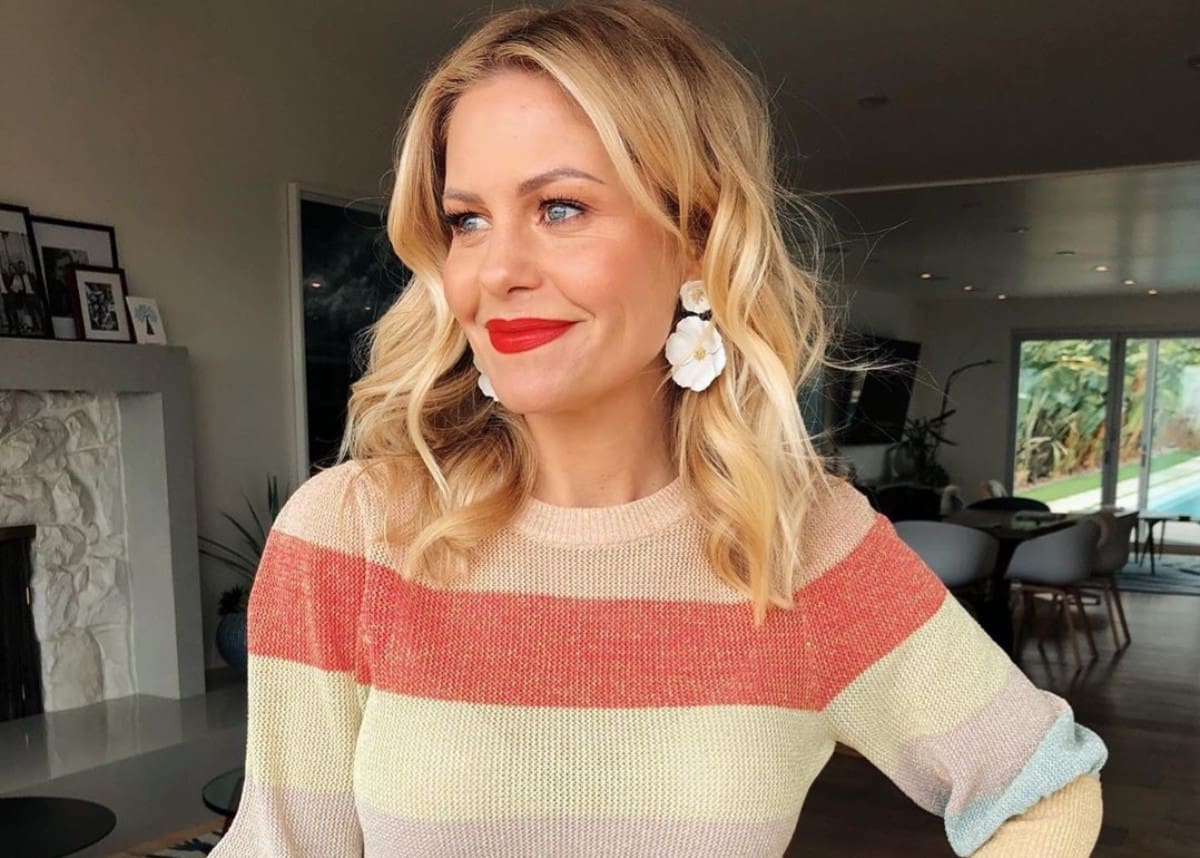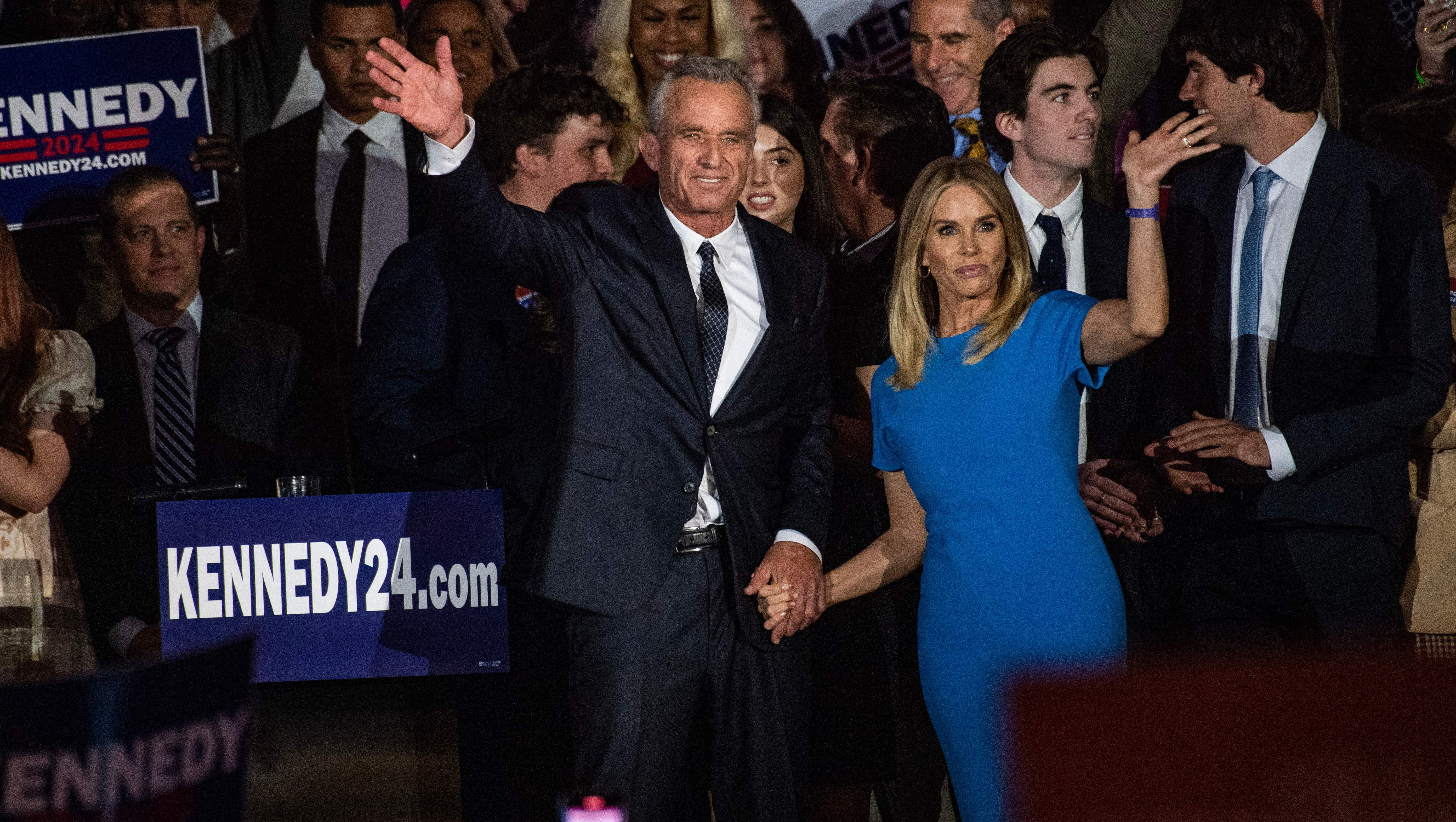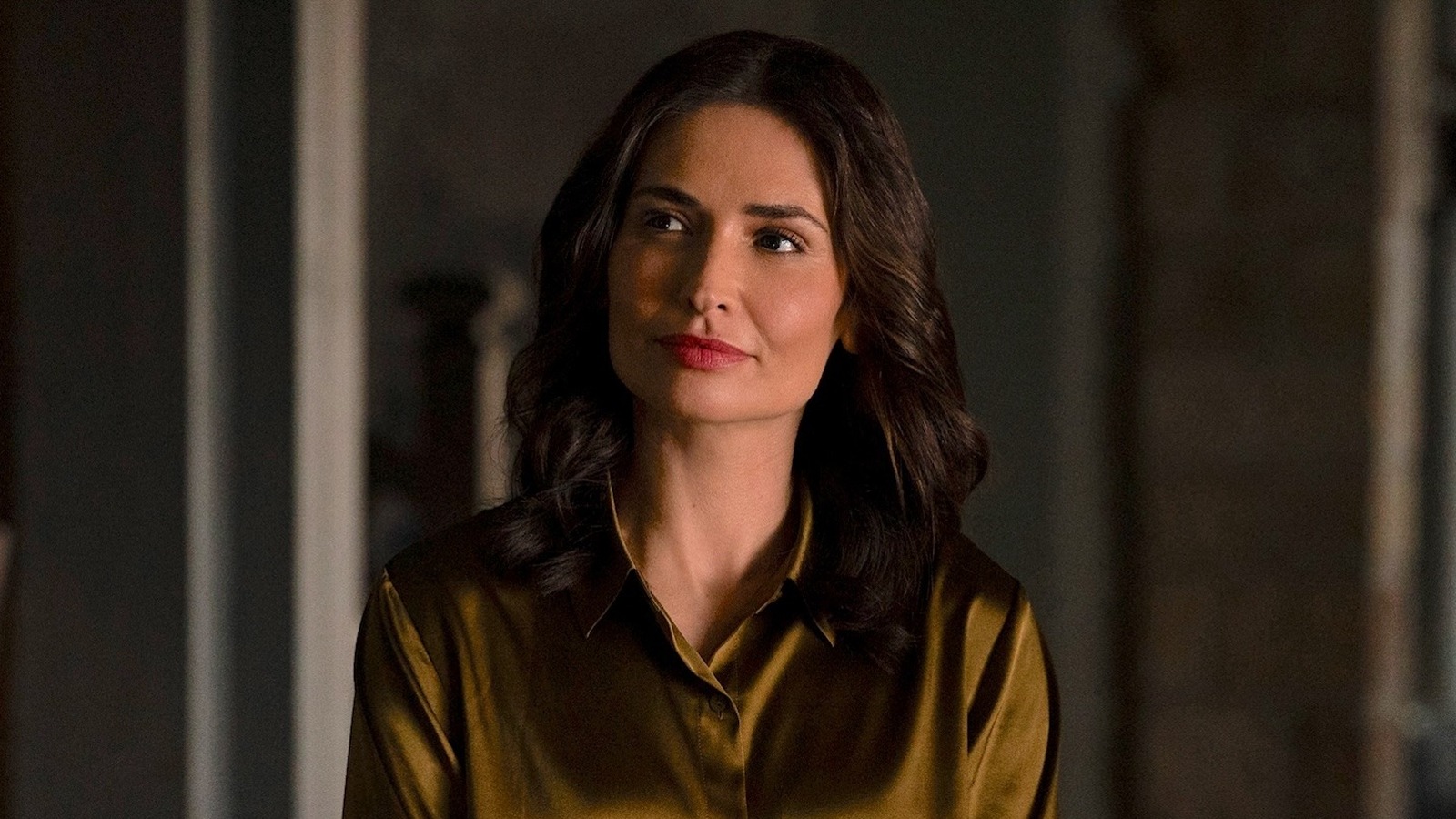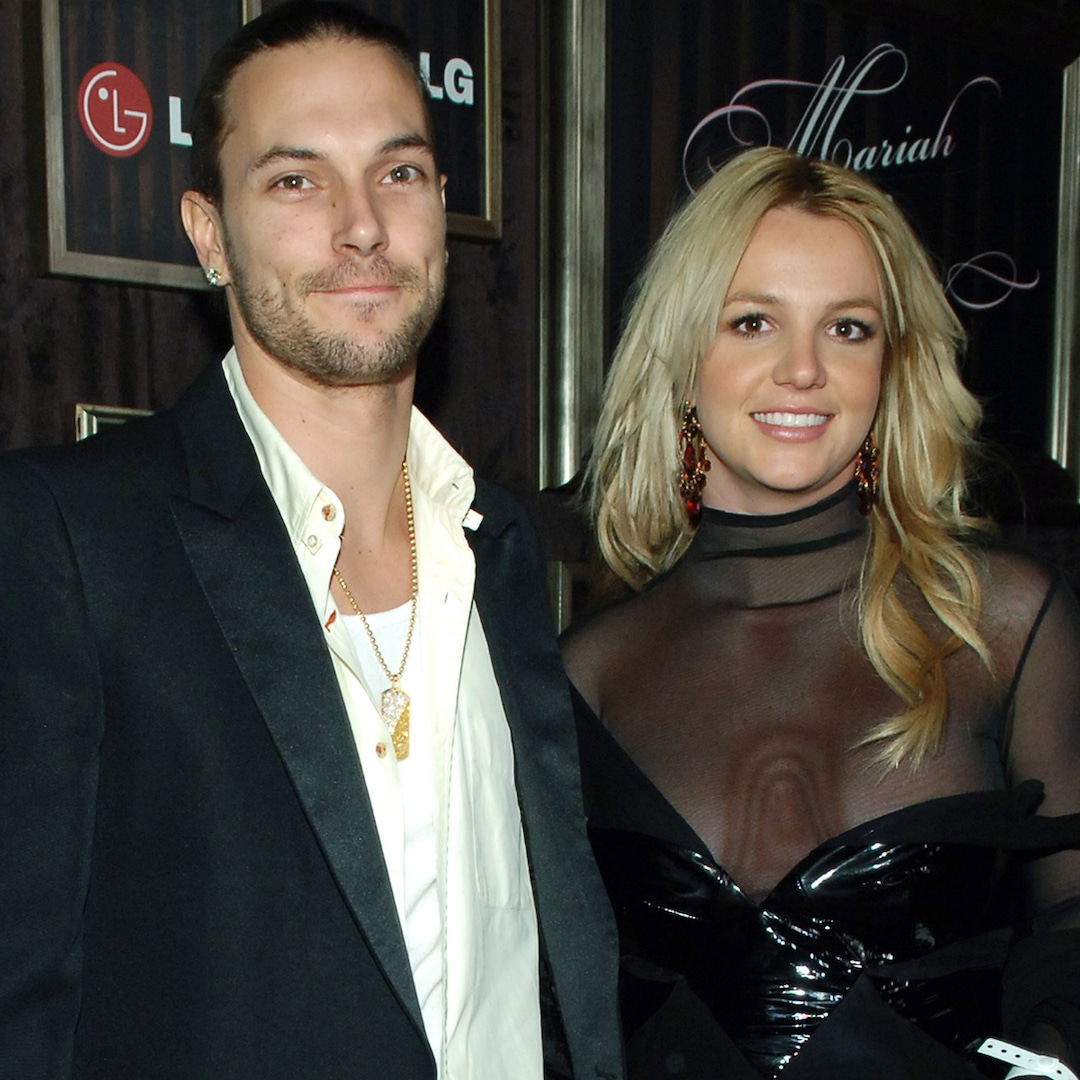From creator Andy Parker (Tales of the City) and based on Greg Cope White‘s memoir The Pink Marine, Netflix’s gay-themed military dramedy Boots has a lot working against it. A period piece set in a time around the nascence of Don’t Ask, Don’t Tell, when it was very much illegal to be openly gay in the U.S. armed forces, Boots premieres on Netflix in 2025, when times and sensitivities have changed substantially. It wouldn’t have been that surprising if the show had emerged overly sanitized and restrained, or potentially even a tonal disaster. Fortunately, Boots is a breath of fresh air, a surprisingly authentic ensemble piece with a compelling protagonist and an even more captivating assembly of supporting characters.
What Is ‘Boots’ About?
Miles Heizer (13 Reasons Why, Love, Simon) stars as Cope (here, his first name is Cameron), a listless, meek, and mostly miserable closeted teen who lives with his well-meaning but utterly neurotic and inconsistent mother (Oscar nominee Vera Farmiga). Cameron’s best friend, Ray McAffey (Liam Oh), is the son of an esteemed Marine, and it only takes so much convincing for directionless Cameron to join his buddy in the Corps, alongside a crew of distinct young recruits.
The pressure of Marine Corps training is brutal enough for anyone, but Cameron has the added pressure of hiding his identity from those in his pack and those above, most notably the imposing Sergeant Robert “Bobby” Sullivan (Max Parker of Emmerdale and Doctor Who). Sullivan’s backstory essentially serves as the B-plot in a not-entirely-linear narrative. The sergeant arrives as the recruits’ authority with plenty of baggage and mystery. Over the course of the series, it’s revealed Sullivan is also a closeted homosexual, fleeing an affair with a fellow officer who’s since been arrested and charged with crimes like “conduct unbecoming and sodomy.” Some young viewers watching Boots may be unaware and shocked at the reality of being gay as recently as the ’90s — but this was the reality, and Boots somehow works well as both escapism and a history refresher.
‘Boots’ Is a Winning Dramedy That Balances Serious Issues With Pure Entertainment
The thing that’s most impressive about Boots, really the main reason this show succeeds, is the way the showrunners have balanced the gritty elements necessary for this setting with lighter, even campy touches in a cohesive way. To be clear, this is Netflix entertainment, and absolutely no one is going to mistake Boots for Full Metal Jacket at a glance. A closeted gay man talking about The Golden Girls in Marine barracks, even saying “I’m such a Rose,” is obviously a very funny occurrence, and that’s not even getting into the plentiful pop needle drops and references to divas, or multiple steamy shower scenes.
There’s more to Boots than that, though, and the show deserves considerable praise for remaining believable and gripping as it navigates serious thematic territory at times. Sullivan’s story gets quite grim, and one particular death in the barracks is genuinely chilling. The treatment of the homosexual characters is appalling, and the fear felt by the gay characters is palpable. Over eight fast-paced episodes, all of which were made available for review, Boots is consistently gripping while maintaining an overall light touch.
‘Boots’ Benefits Greatly From a Strong Supporting Cast
Heizer delivers a likable performance that’s certainly strong enough to carry the narrative, but Cope isn’t quite as interesting as the people around him. All the recruits, from the naive Ochoa (Johnathan Nieves) to the fervent and wild-eyed Hicks (Angus O’Brien), leave a distinct impression and are generally a pleasure to be around, while Ana Ajora lends a principled cool and maturity as Sullivan’s superior, Capt. Fajardo. It also helps that the writers and actors have a firm grip on the distinctions of how straight and gay men actually behave, as well as how these two groups act around each other. Farmiga’s generosity as a performer is an indispensable part, perhaps the most important part, of the Conjuring film franchise, and that same quality is very much on display here; Barbara is a vivid, destabilizing force in Cameron’s life with an interesting arc.
Sullivan is ultimately the most compelling character of Boots, and this show absolutely should serve as a calling card for Parker’s talents. The English actor’s physique and physicality are attention-grabbing, but the character’s layers of dark emotions as the show progresses are one of the best reasons to stay invested. For a show that’s often a great deal of fun, even hilarious, it’s commendable that Boots has the guts to clearly present Sullivan as a broken, still very young man who’s utilized injustice and tragedy as a jumping-off point to actively ruin his life, possibly beyond repair.
All in the Family producer and entertainment giant Norman Lear, who receives a posthumous executive producer credit as the final credits roll on Boots, left behind a legacy of narrative innovation and progressive activism. Netflix’s latest dramedy turns out to be a fitting tribute to Lear’s impact; it’s edgy, funny, and fresh, but what really makes it work is a combination of strong craftsmanship and narrative discipline that evokes every television show that has successfully stood the test of time.

















